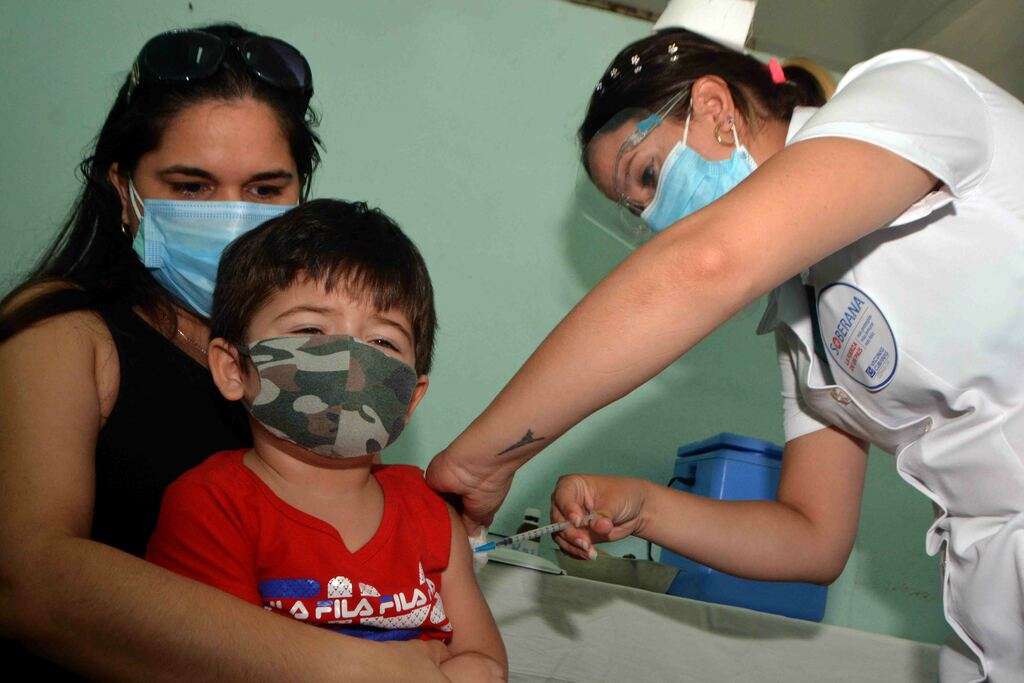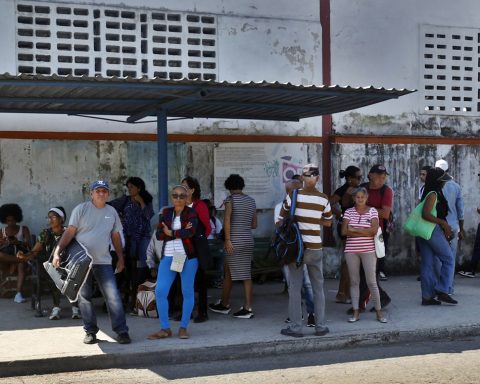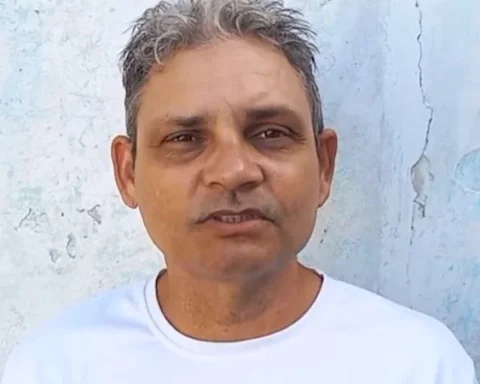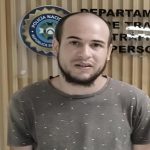The United Nations Children’s Fund (UNICEF) During the past year, it maintained its support for the National Vaccine and Immunization Program in Cuba, even in the midst of the worst moment of the COVID-19 pandemic on the Island.
It did so, among other actions, through the acquisition of the triple viral vaccine against mumps, rubella and measles (MMR, for its acronym in English), and the distribution of personal protective equipment and supplies to strengthen the cold chain in primary care institutions in charge of the administration and management of vaccines, according to a note from the organization to which it had access OnCuba.
Said support also included health promotion around the importance of vaccines for girls and boys, and the strengthening of the capacities of professionals in charge of the implementation of this Program, thanks to which 100% of the population was immunized. one-year-old pediatric patient on the Island.
In its note, UNICEF recognizes that the purchase of vaccines not produced in Cuba has historically been a great challenge for the Caribbean country, and that the pandemic of the COVID-19combined with the complex economic situation facing the nation, made acquiring the vaccines even more of a challenge.
However, thanks to the support of the Cabildo de Gran Canaria, Spain, it was possible to deliver materials and supplies that made it possible to maintain adequate hygienic conditions in the places where the vaccination was carried out, adds the information.
UNICEF continued to support the National Immunization Program in #Cuba
✅Acquisition of PRS vaccine
✅Distribution of personal protection equipment and supplies to strengthen the cold chain#VaccinesWork #LongLifeForAll https://t.co/DnMXtADbOP— UNICEF Cuba (@UNICEFCuba) April 26, 2022
The international agency specifies that with the funds donated by the Spanish public administrations it was also possible to acquire equipment that strengthened the cold chain in the health institutions in charge of administering the vaccines, training the vaccination teams and carrying out campaigns in the population.
The National Vaccination Program, universal and free, did not stop in Cuba, not even in the most complicated period of COVID-19, UNICEF underlines.
His note explains that through this strategy, which emerged six decades ago, the Cuban population (children and adults) is vaccinated against 13 diseases and among its most relevant results is the elimination of diphtheria, measles, mumps, rubella , polio and whooping cough.
Others, such as tetanus and meningococcal disease, do not constitute a public health problem, due to their low levels of incidence on the Island, the organization acknowledges.
UNICEF Cuba assures that for its office it is a “priority” to maintain “support for the National Immunization Program, with the accompaniment of the Spanish Committee, to give continuity to the country’s efforts to guarantee the health and well-being of Cuban children.”
Throughout the COVID-19 pandemic, UNICEF has intensified its collaboration with the Island, and has joined forces with other organizations and countries to provide aid to the Cuban health system.
Project of Japan and UNICEF contributes almost 3 million dollars to face the pandemic in Cuba
In this period, the organization gave the country a donation of 19 tons of powdered milk to reinforce said system and participated together with the Japanese government in a project that contributed three million dollars for the acquisition of equipment and supplies for the cold chain, necessary for anticovid vaccination, as well as for the diagnosis and timely care of complications caused by infectious disease.
In addition to equipping and supporting specific institutions such as the Juan Manuel Márquez Pediatric Hospital in Havana, this United Nations agency donated to Cuba an oxygen manufacturing plant for medical use to counteract the effects of the disease, at a time when the island was suffering the worst scourge of the pandemic and was having serious difficulties with the supply of that medicinal gas.















